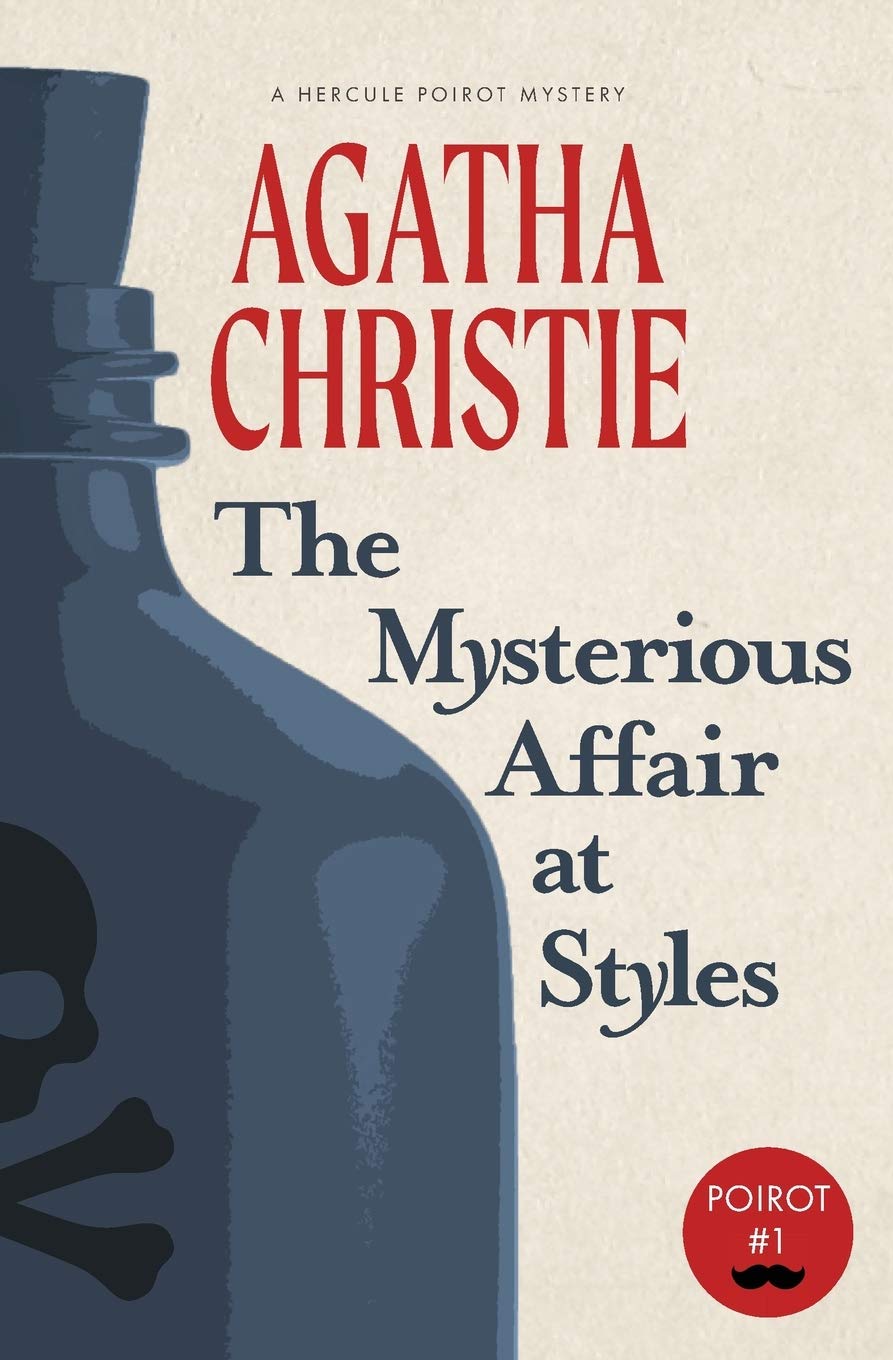CHAPTER VIII — FRESH SUSPICIONS
byChapter VIII introduces a charged atmosphere immediately after Poirot makes a revealing statement that stuns those around him. While the silence is broken by Japp’s compliment, it’s clear Poirot isn’t seeking admiration but rather affirming the stability of his deductions. His insistence on keeping certain matters discreet, especially Alfred Inglethorp’s silence during the inquest, hints at a deeper moral reasoning. The way Poirot balances truth with dignity shows his approach goes beyond mere logic; it is layered with empathy. Japp, on the other hand, keeps his focus sharp and operational, reflecting the formal procedures of law enforcement. His desire to question the servants and inspect the bedroom reflects the contrast in methods—Japp works in the open, while Poirot prefers working through invisible lines.
Alfred Inglethorp’s reactions offer insight into his character, mixing defensiveness with selective blame, especially toward Evelyn Howard. His attempt to shift focus reflects an underlying insecurity rather than genuine insight. Poirot, in contrast, manages to defuse tension not by confrontation but by redirection—moving the group forward with subtle cues. One such moment is when he assigns the narrator to guard a baize door. Though the reason is unclear, it subtly establishes that important developments are unfolding. Poirot’s control of timing and movement gives the sense of a grander plan only he can see. Rather than relying solely on physical evidence, he constructs a map of behavior, intent, and contradiction.
New suspicions emerge as Poirot redirects attention from Alfred Inglethorp to other figures in the household. The discovery of a black beard fragment shifts the narrative focus and introduces a fresh lead, suggesting impersonation or misdirection. Miss Howard’s questioning adds another layer of emotional tension; her straightforwardness contrasts with Poirot’s restraint, but even her blunt honesty cannot mask underlying feelings. Poirot’s skill lies in his ability to see what people omit rather than what they say. In this way, his deductive method becomes more psychological than procedural. The beard clue, small yet suggestive, opens a door to an entirely new hypothesis about identity, disguise, or planted evidence.
Coco, a simple everyday item, becomes another focal point, illustrating Poirot’s belief that nothing is too minor to matter. By inquiring about it, he demonstrates how the smallest inconsistencies may expose larger truths. Miss Howard’s reaction to questioning about the coco reveals both resistance and vulnerability, making Poirot’s deductions more profound. In contrast to Japp’s task-driven manner, Poirot’s strategy works like a chess game, anticipating several moves ahead. The investigation now becomes less about finding a smoking gun and more about understanding why certain pieces are being moved and hidden. Poirot’s strength lies in staying calm while others act from pressure or confusion.
As the narrative progresses, the emotional complexity within Styles Court begins to unravel further. Tensions between characters are no longer just circumstantial—they reveal deeper bonds, resentments, and desires. Poirot’s ability to remain emotionally detached allows him to see through interpersonal smoke screens. Meanwhile, Hastings—still eager but inexperienced—fails to fully grasp the depth of the subtleties Poirot notices. What seems obvious to one may be invisible to the other, reinforcing Poirot’s role as a uniquely intuitive investigator. The line between emotion and evidence becomes blurred, and Poirot alone walks it with balance.
In the final moments of the chapter, Poirot reveals that he has formed a new theory, but he chooses not to share it yet. This withholding isn’t arrogance; it is a methodical way to avoid premature conclusions. The effect on Hastings is one of frustration mixed with admiration, mirroring the reader’s own sense of suspense. Poirot’s silence at the chapter’s end reinforces the theme of hidden truths—facts are not only uncovered but also patiently arranged. As the story deepens, the need for patience, observation, and emotional restraint becomes more pronounced. Truth in this case, Poirot suggests, must be earned—not simply uncovered through blunt force.

